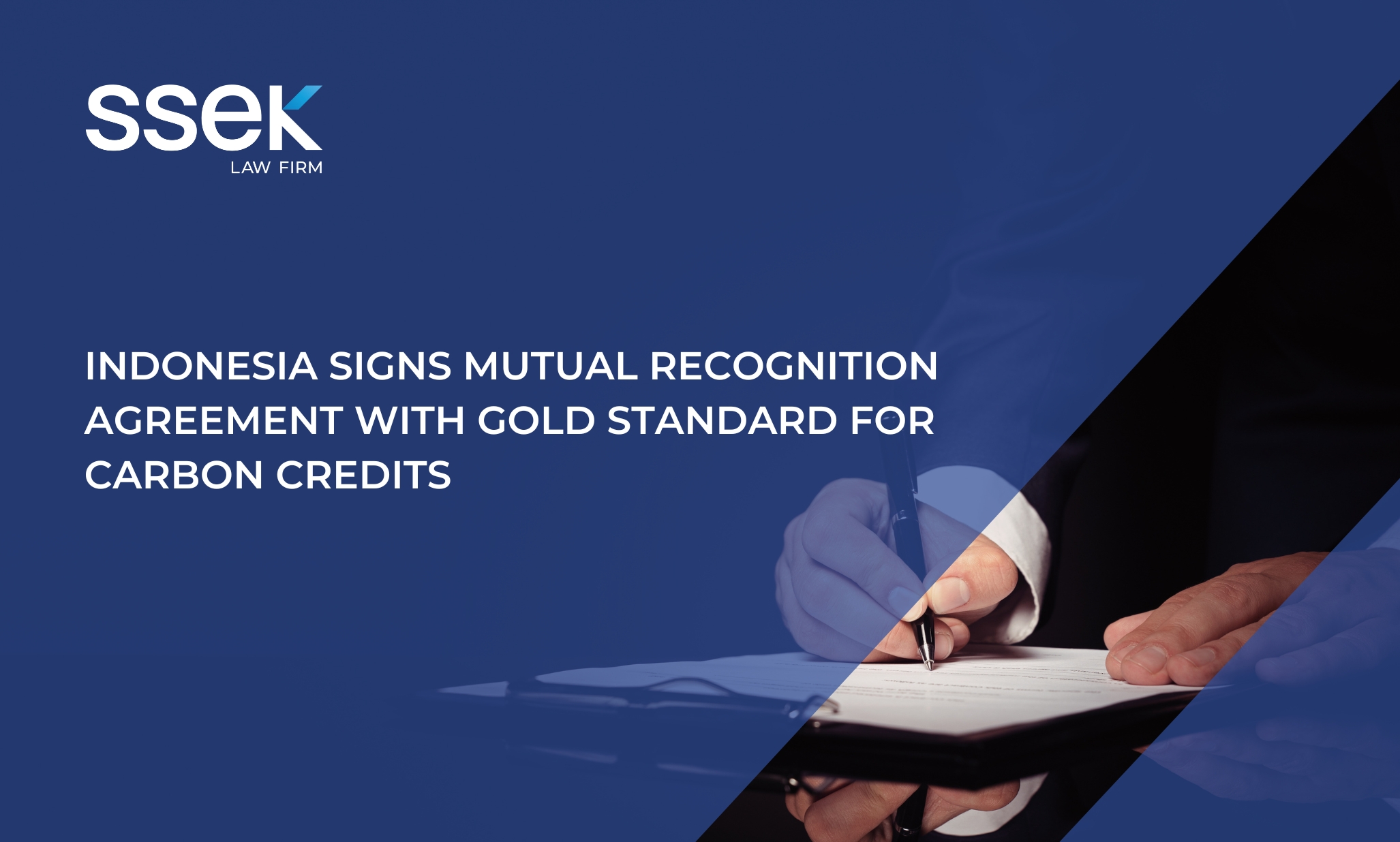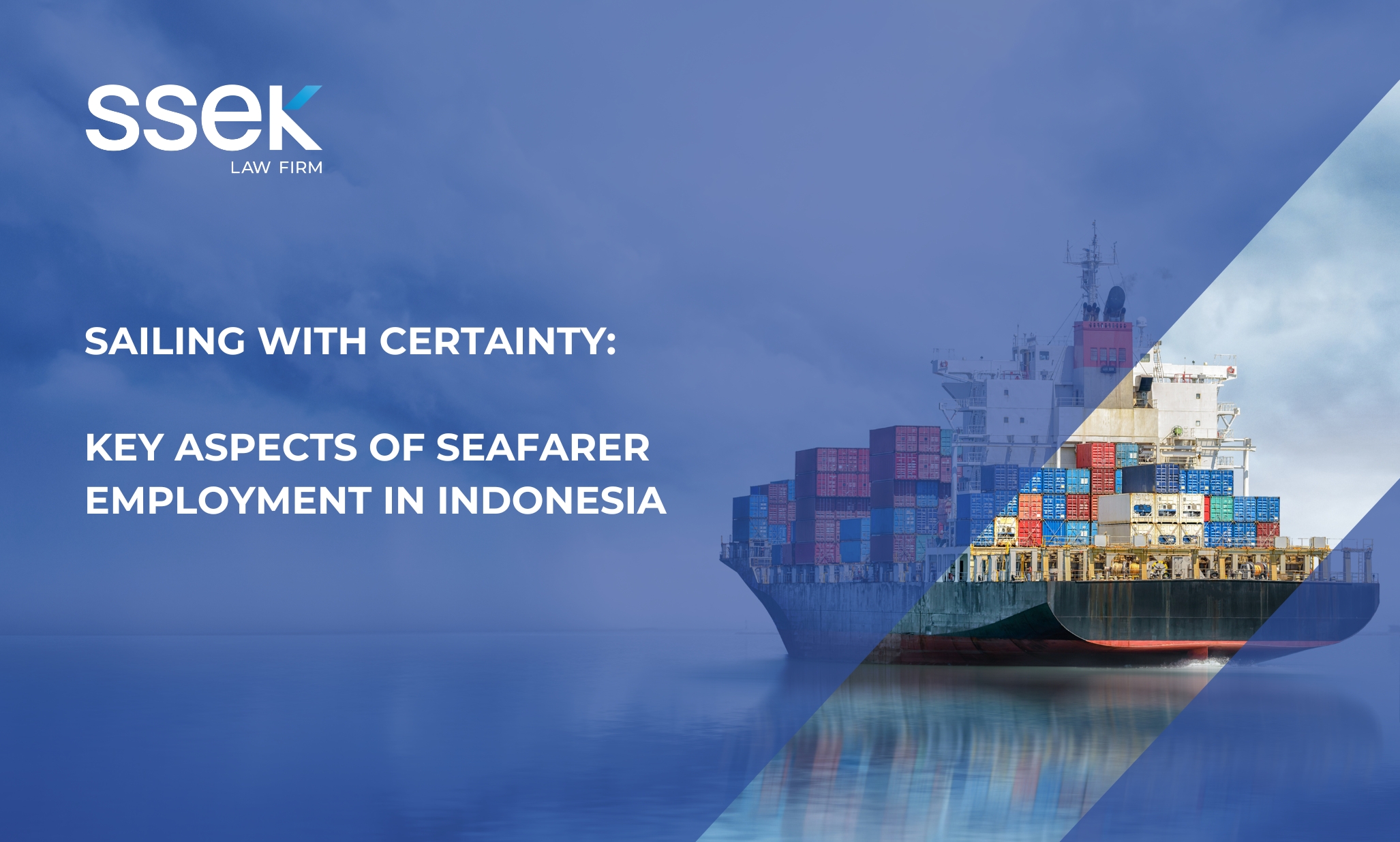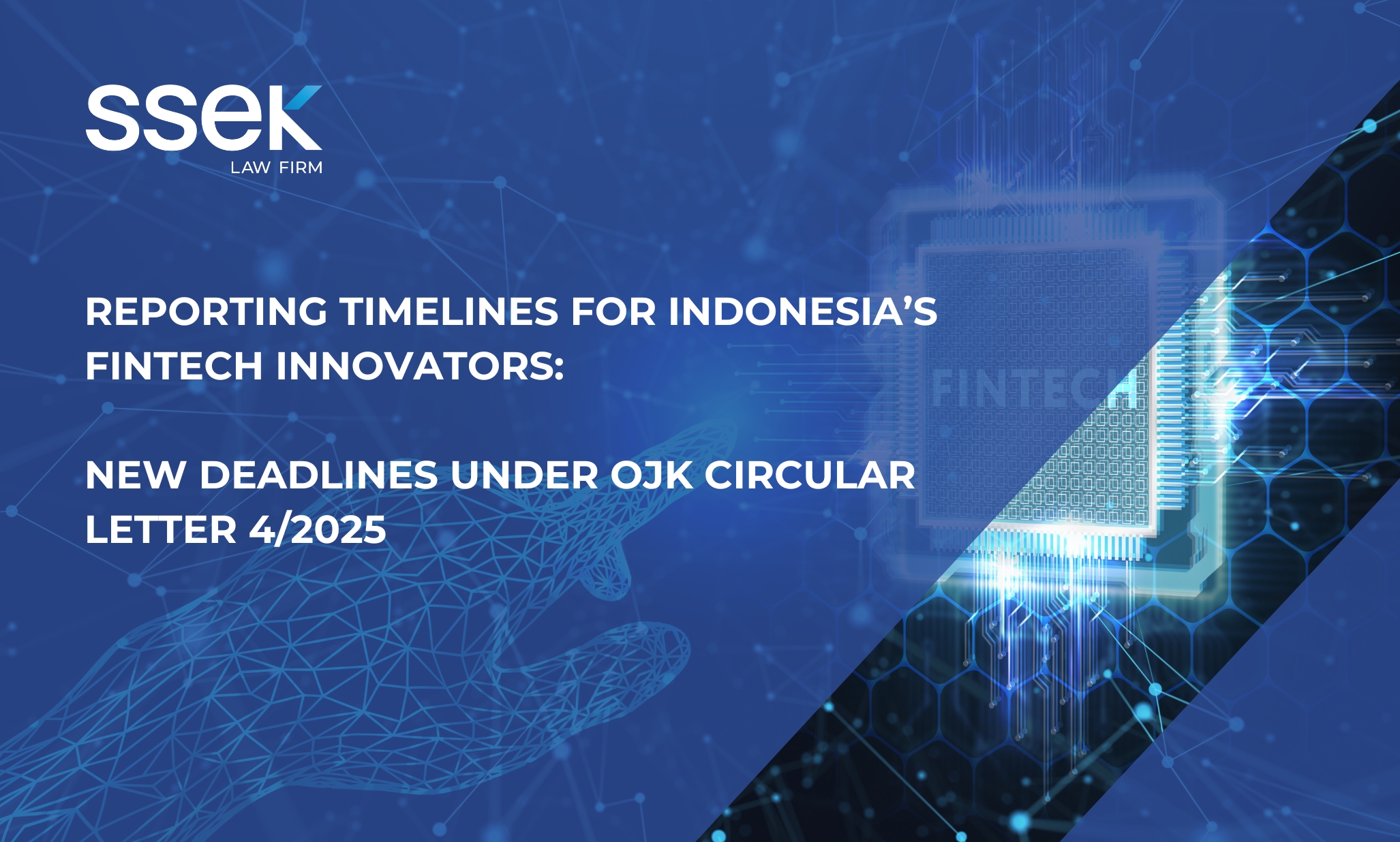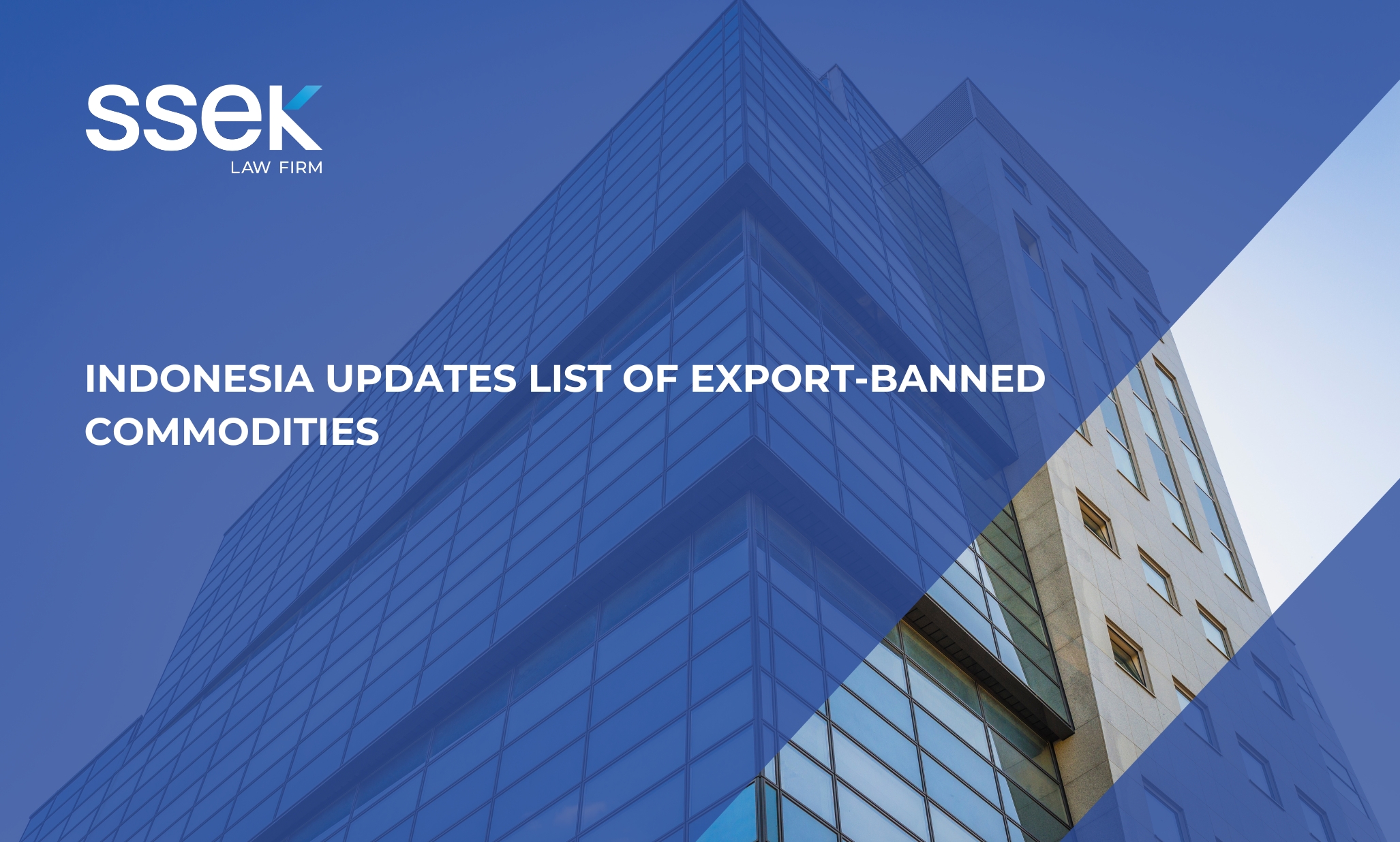


On March 17, 2025, Indonesia’s Coordinating Minister for Economic Affairs issued Ministerial Decree No. 141/2025, which established the Energy Transition and Green Economy Task Force (“TEH Task Force”).
The TEH Task Force was established to lead Indonesia’s cross-sectoral efforts to implement a just, inclusive, and measurable green transition, in line with the 2025–2029 National Medium-Term Development Plan (RPJMN) and Indonesia’s commitments made during the G20 Leaders’ Summit. This decree signals a coordinated institutional response to the growing need for harmonized energy and climate policies, aiming to accelerate Indonesia’s transition to a low-carbon economy while enhancing policy alignment and investment readiness across ministries and agencies.
Structure and Core Functions
The TEH Task Force is organized into four main components: Steering Committee (Pengarah), Implementing Team (Pelaksana), sector-specific Working Groups (Kelompok Kerja), and Supervisory Unit (Pengawas).
Chaired by the Coordinating Minister for Economic Affairs, the Steering Committee includes 18 ministers from key portfolios, including energy, finance, labor and environment, reflecting the cross-sectoral scope of Indonesia’s energy transition agenda. The Implementing Team, led by the Deputy for Energy and Natural Resources Coordination at the Coordinating Ministry for Economic Affairs, is responsible for formulating programs, coordinating their implementation, and advising relevant working groups.
Four specialized Working Groups address the following specific strategic areas: (i) green energy and upstream decarbonization, (ii) green industry and downstream decarbonization, (iii) green partnerships, financing, and investment, and (iv) socioeconomic and environmental safeguards, and human resources capacity development. Each group includes high-level representatives from relevant ministries, state-owned enterprises, and strategic agencies.
And the Supervisory Unit, led by the head of the Financial and Development Supervisory Agency (BPKP), is tasked with oversight and reporting functions.
Strategic Objectives and Interministerial Integration
The formation of the TEH Task Force represents a paradigm shift in how Indonesia approaches the intersection of energy, industry, finance, and social policy under the broader framework of sustainable development. It is designed to resolve longstanding bottlenecks such as fragmented authority, delayed permitting processes, and inconsistent regulatory standards. The decree authorizes the TEH Task Force to develop roadmaps, evaluate existing regulations, and propose new policy instruments to accelerate renewable energy adoption, clean industrial technologies, and decarbonization pathways.
The task force also is empowered to engage third parties, including academia, businesses, local governments, and development partners, to ensure an inclusive and knowledge-based transition strategy. It also provides flexibility to form ad hoc panels, appoint external experts, and establish supporting teams when necessary.
Implications for Stakeholders
For both public and private sector actors, the decree introduces a centralized governance model that consolidates fragmented initiatives under a single national framework. While this may result in tighter regulatory alignment and greater scrutiny, it also offers a streamlined interface for project facilitation, regulatory guidance, and potential access to blended finance mechanisms.
Ministries and agencies are expected to coordinate through the TEH Task Force for relevant approvals and policy input, potentially accelerating the implementation of green infrastructure projects and carbon reduction initiatives. For investors, the regulation underscores the government’s commitment to building a predictable and enabling ecosystem for energy transition and green economic transformation.
Conclusion
Ministerial Decree No. 141/2025 marks a significant milestone in Indonesia’s institutional alignment toward sustainability and economic decarbonization. By establishing the TEH Task Force as an integrated and multi-ministerial task force, the government reinforces its intention to drive systemic transformation through policy coherence, interagency coordination, and strategic investment planning. As implementation unfolds, the TEH Task Force is expected to serve as a key node in Indonesia’s broader green economy architecture – bridging ambition and execution in the years ahead.
This publication is intended for informational purposes only and does not constitute legal advice. Any reliance on the material contained herein is at the user’s own risk. All SSEK publications are copyrighted and may not be reproduced without the express written consent of SSEK.









